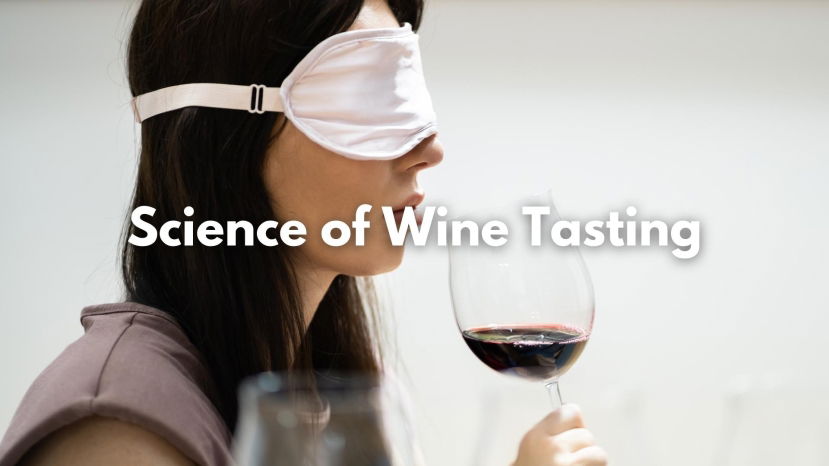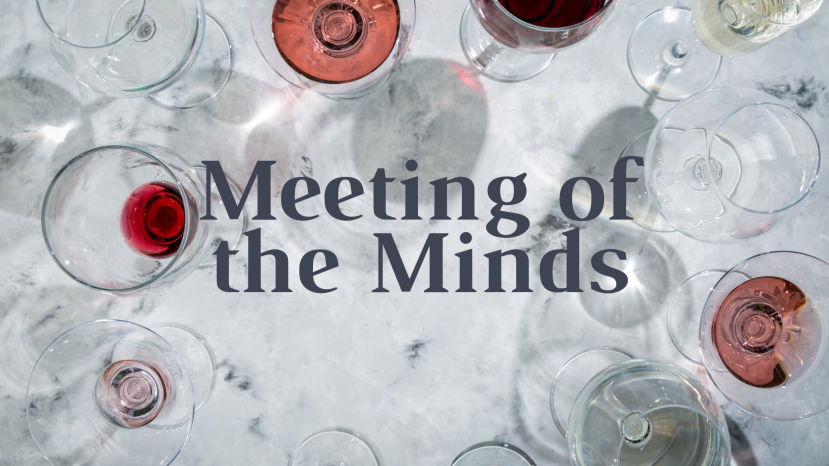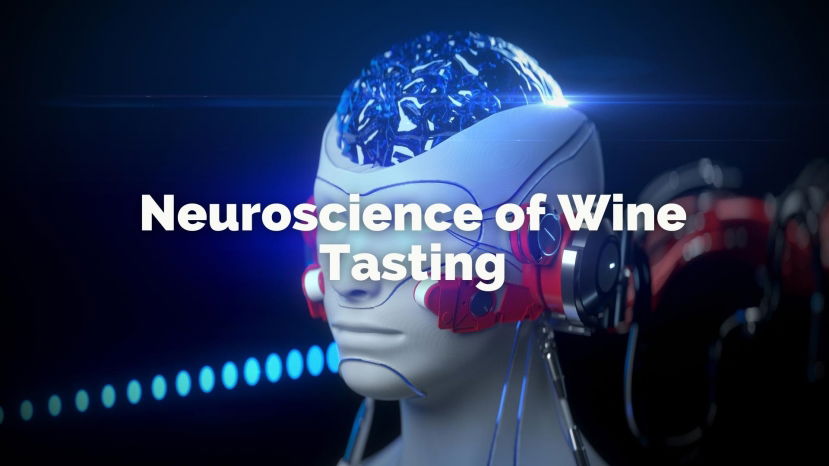
SOWT Part 1: Neuroscience of Wine Tasting
The Science of Wine Tasting Course
This multi-part series is designed for food and wine professionals, wine judges, wine educators, wine and food journalists, wine students and anyone who relies on their senses to assess, evaluate, critique and/or write about wine and food.
There are four parts to this series, each with three sessions.
- Part One: Neuroscience of Wine Tasting with Gabriel Lepousez
- Part Two: Molecular Sommellerie with François Chartier
- Part Three: Language, Perception and Expertise with Jamie Goode
- Part Four: Structure and Construction: The Heart of a Variety with Nick Jackson MW
Please work through the course at your own pace. You can download the speakers' presentations by using the 'Download PDF' tabs below the video.
Part One Summary:
The strength of an experienced wine taster is knowledge of self and his or her senses. In this three-part series, Gabriel Lepousez will explore cutting-edge research in sensory perception so that wine professionals may describe wine with precise and communicable descriptors, discover the strengths and weaknesses of brain sensory processes, and learn to combine both analytical, global and emotional approaches to wine tasting so that all “viewing angles” enrich and empower their wine analysis.
This series is designed for food and wine professionals, wine judges, wine educators, wine and food journalists and anyone who relies on their senses to assess, evaluate, critique and/or write about wine and food.
Part 1: The taste of wine, a mental reconstruction of a multi-sensory object
Your brain —and all its sensory extensions in your eyes, nose and mouth— is your essential “tool” to perceive, remember and judge all the sensory components of wine. But do you really know how your wine tasting “tool” works? This first webinar in a three-part-series will provide an general overview of the cognitive processes involved in the integration of the wine sensory dimensions. Rather than merely deconstructing the wine into its different sensory components, wine tasting is also an active process of reconstruction, involving selective attention and prediction based on prior knowledge. To illustrate this point, we will show to what extent our different senses can influence each other in the representation and description of wine attributes, emphasizing, for instance, how visual information can influence —and even mislead— other senses. Leveraging on the recent progress of brain imaging technics, we will also investigate the flow of information within the different brain regions during wine tasting and highlight the duality between emotional versus analytical processing. Based on these elements, we will discuss the different approaches to wine tasting and how combining those complementary “viewing angles” may enrich the language of wine.
Part 2 : Acidity, Salinity, Salivation : focus on three gustatory facets
Recent progress in molecular neuroscience has uncovered the nature, diversity and topography of gustatory receptors in our mouth, as well as the nature of the wine molecules which activate each of these taste receptors. In this second webinar, we will focus on two gustatory dimensions, acidity and salinity. For each sensation, we will describe the nature of the wine compounds able to trigger those sensations and how to disambiguate the different forms that each of these sensations can take. We will for instance discuss how umami in wine may participate in the saline final of some wines. Also, we will focus on the active process of salivation and show its decisive role in wine tasting, notably as our taste baseline. We will discuss how salivation can shape and enhance our gustatory perceptions and also present how the salivation reaction can be informative about wine composition in term of acidity and salinity.
Part 3 : What makes our perception of wine unique : focus on the different sources of individual sensory variability in wine tasting
When two persons taste the same wine, how similar are their respective perception and description of this wine? In this third webinar, we will tackle the key question of sensory variability in wine tasting and highlight to what extent the perception of a wine can differ from one person to another. Recent progress in human genetics has revealed some significant genetic variability in our sensory receptors, notably in olfactory and bitter receptors. In addition to this genetic factor, we will discuss the impact of cultural factors, tasting experience as well as physiological and mental states to better appreciate the robustness and reliability of our judgement. Although these data may challenge to some degree our sensory hierarchy when it comes to share our perception with others, we will also discuss some methods and principles to try to overcome these individual differences and optimise the language we use to communicate and transmit meaningful information about wine.
About the Speaker:
Gabriel Lepousez is a French neuroscientist and an international expert on sensory perception and brain plasticity. He received his doctorate in Neuroscience from the Paris Sorbonne University and holds a research position at Institut Pasteur in the Perception and Memory Lab.
For more than fifteen years, Gabriel Lepousez has been exploring the function of brain circuits involved in sensory perception, memory and emotions, uncovering the key role of neuronal plasticity in olfactory learning and perception.
As a wine passionate, Gabriel also offers his scientific expertise to the world of wine education, sharing his extensive knowledge of the brain, this essential tool for wine tasting. In addition to international lectures and contribution to wine education programs, he has co-founded in 2016 LEcole du Nez, a neuro-sensory training for wine professionals to understand how the brain works during wine tasting and how to improve our sensory performance.




